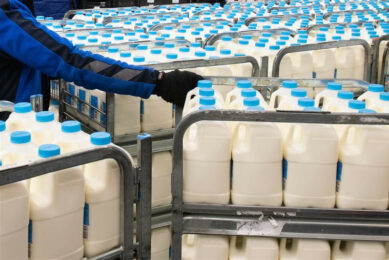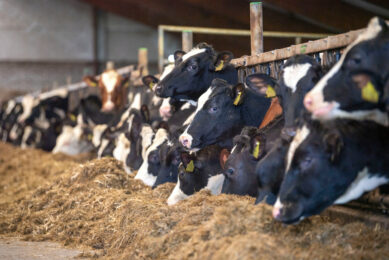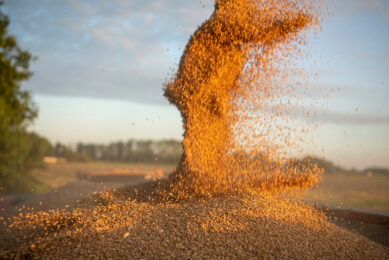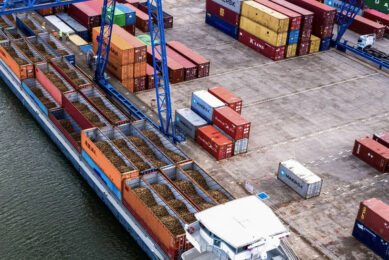Impact of Chinese export restrictions on European dairy
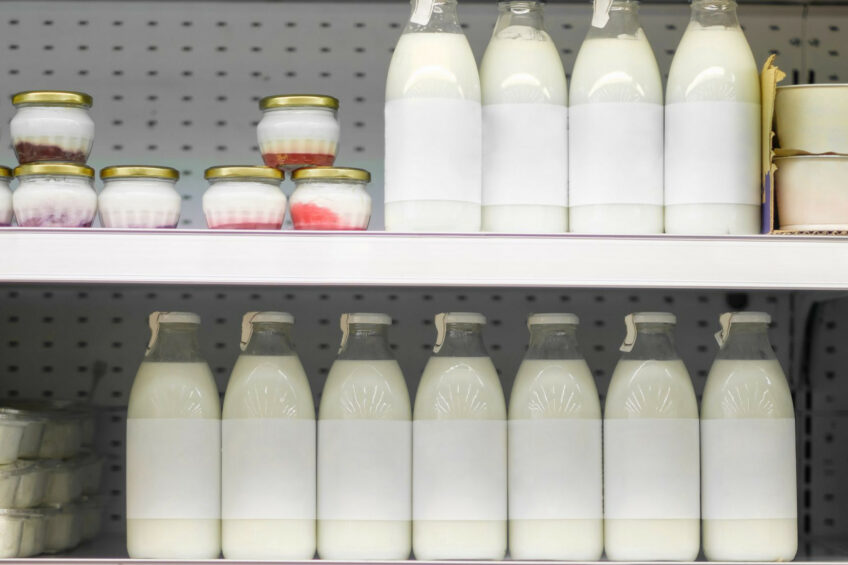
The Chinese anti-subsidiary investigation into European dairy will have a relatively moderate impact on the dairy industry, especially in Eastern Europe, according to local sources.
Chinese authorities launched an anti-subsidy investigation into European dairy imports shortly after Brussels announced plans to subject Chinese electric vehicles to additional import duties. While the investigation excludes major import categories, it affects EU exports that were worth US$572.5 million in 2023, as estimated by European officials.
As reported by the Chinese Chamber of Commerce, the country will examine 20 subsidy programmes supporting the production of milk, cream and cheese in 8 EU countries, including subsidies for dairy storage, young farmers’ allowance and supplementary income and subsidy schemes in the common agricultural policy.
The European dairy industry does not doubt that the Chinese probe is linked with the European electric vehicle duties. “If you were to ask my Chinese counterpart, he would tell you these things are completely unrelated. However, the truth is that as soon as the EU started discussing possible tariffs on Chinese electric cars, the threat of retaliatory measures immediately came up,” said Jüri Seilenthal, head of the foreign trade policy department at the Estonia Foreign Ministry.
Justification ahead
Under World Trade Organization rules, China must substantiate that the EU provides unfair subsidies to its dairy industry to impose tariffs. In the Baltic region, market players fear that if China can justify tariffs, it could lead to a crisis akin to the one the industry faced a decade ago when it lost the Russian market.
“After that, the dairy sector was in a clear crisis for 22 months. Milk prices were unbearable for the industry. Farmers went bankrupt, which in the long term led to an economic downturn in the country,” Jaanus Murakas, board chairman of the E-piim, a local dairy manufacturer, told a local news outlet ERR.
Bracing for impact
It’s anticipated that some countries and companies will bear the brunt of the situation more than others. “Prices in Europe will fall, and this will also affect the Estonian dairy market. However, the effect is likely to be short-term,” said Maido Solovyov, CEO of Valio Eesti.
“EU-to-China dairy exports is uneven; perhaps 10% of milk powder, 10% of butter, and maybe 20% of whey powder [from Europe goes to China]. Most likely, if a restriction is introduced, it will be local. Of course, there are companies that have built their business on the Chinese market. This [the restrictions] may affect them,” said Ülo Kivine, Nordic Milk chairman of the board.
However, Baltic dairy companies are generally confident in the adaptability of the European dairy sector. They believe it could swiftly adjust to the Chinese restrictions and find new sales markets within 1 to 1.5 years.
Join 13,000+ subscribers
Subscribe to our newsletter to stay updated about all the need-to-know content in the dairy sector, two times a week.



